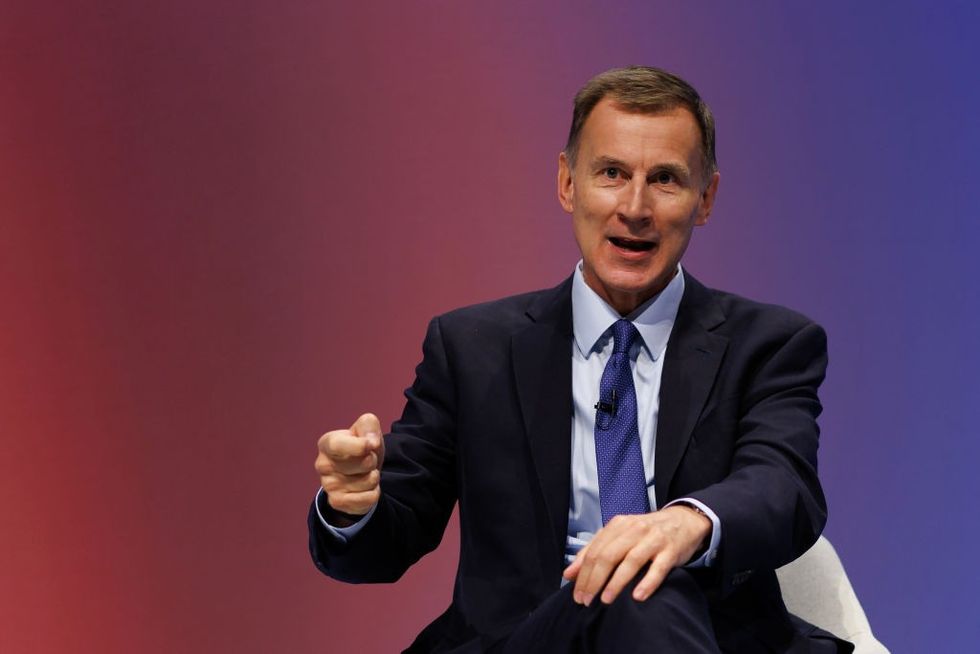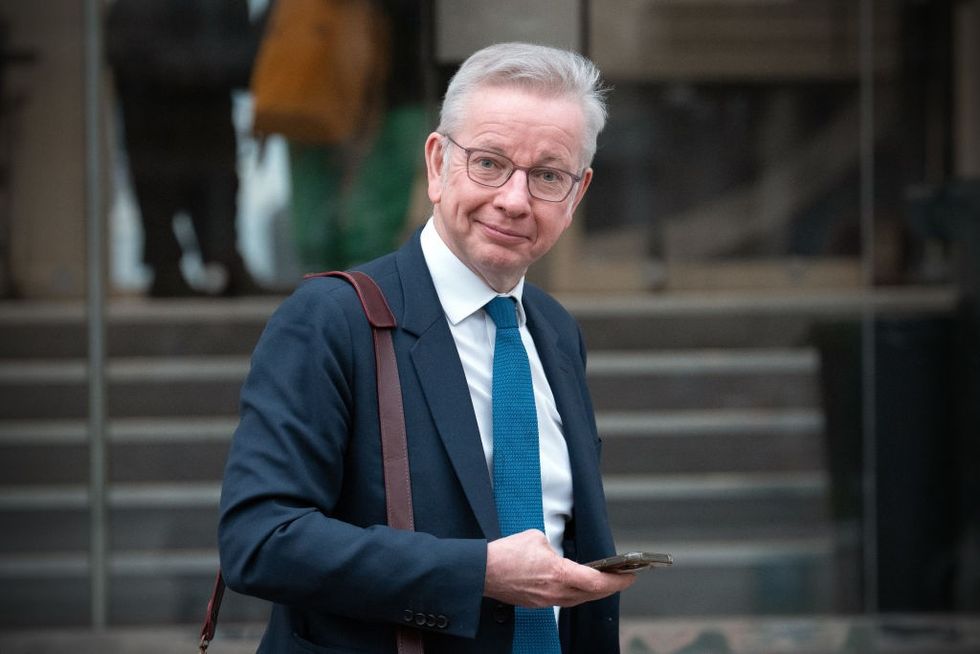George Orwell’s Nineteen Eighty-Four was the most influential novel of the twentieth century. It was intended as a dystopian warning, though I have an uneasy feeling that its depiction of a world split into three great power blocs – Oceania, Eurasia and Eastasia – may increasingly now be seen in US president Donald Trump’s White House, Russian president Vladimir Putin’s Kremlin or China president Xi Jingping’s Zhongnanhai compound in Beijing more as some kind of training manual or world map to aspire to instead.
Orwell was writing in 1948, when 1984 seemed a distantly futuristic date that he would make legendary. Yet, four more decades have taken us now further beyond 1984 than Orwell was ahead of it. The tariff trade wars unleashed from the White House last week make it more likely that future historians will now identify the 2024 return of Trump to the White House as finally calling the post-war world order to an end.
The great power conflict which Orwell imagined differs from our emerging world disorder. As the cold war alliances of his era took shape, Orwell put America, Russia and China in rival blocs. So Orwell had “Eurasia” stretching from Russia across all of Europe, though Stalin’s successors only went on to control the eastern half of the continent in the decades to 1989. Orwell’s London was no longer a national capital. Britain was simply “Airstrip One” to signal its subservience within the English-speaking world that Orwell labels “Oceania”.
Yet the Trump-Putin axis is key to Washington’s rejection of the core assumptions of western security and economic policy.So what is Trump up to? Almost every economist has explained the irrationality of his tariffs – if they are considered in economic terms. The theory of comparative advantage explains why trade can be of mutual benefit. But Trump is a zero-sum thinker for whom there must always be a winner and a loser. So these were not so-called “reciprocal tariffs”, where the US might emulate the tariffs that it faces, as a bargaining chip to try to negotiate them away. Instead, a crude blanket global formula reflected the Trump trade doctrine that any country managing to export more to America than it imports must be “cheating” at trade – and that the optimum trade balance with every country, however rich or poor, is zero. A president who campaigned on lowering inflation will hike up prices for Americans – on the false prospectus that it is foreign countries who pay for tariffs.
Trump's tariffs are ultimately about political power, not economics. Trump’s protectionism is the power play of the protection racket. The invisible hand of the market is replaced by the presidential power to grant favoured access, to countries abroad or sectors and institutions at home, prepared to pledge loyalty and offer fealty to Trump. Modi’s India may be Washington’s top target for showing there are still deals to be done. Smaller developing countries, like Bangladesh, which faces a 37 per cent tariff, will be hit hard, as sky-high tariffs follow deep cuts in development aid too.
Britain has often been cast satirically as America’s 51st state – though Trump now pushes that label on a deeply unwilling Canada. His likely reward there looks set to be the backlash of an anti-Trump landslide in this month’s Canadian election. Seeking a mandate on the campaign trail, Canada’s new prime minister, Mark Carney, has been the leader to speak most clearly about how much has changed. British prime minister Sir Keir Starmer and opposition Conservatives leader Kemi Badenoch sound much less sure about how to respond. Both declare that this is the end of an era – and that it will be important to keep calm and strike a sensible trade deal with Trump. Starmer hopes to reset the UK-EU relationship too.
The genius of Orwell’s fictional depiction of a post-truth world was its insistence on always aligning the past with the present. When allies and enemies change sides, enormous effort goes into rewriting newspaper archives. In reality, adapting to foundational shifts is much harder to come to terms with. America has been a partner for Britain and Europe for decades in security, trade and multilateral institutions. But the Trump administration is not merely retreating into isolation. Its disdain for NATO, appetite for trade wars and social media attacks on erstwhile allies go much further. Leaders and the public alike lack a mental map or language for an unfamiliar world in which an American government appears to present a new threat from the West to our peace, prosperity and democracy.
Despite the dystopian fears of Nineteen Eighty-Four, the post-war era in which Orwell wrote was a time of hope, too. The constructive creativity of that age shaped peace and prosperity in its time. Avoiding the nightmare scenarios today may depend on how far democratic leaders can somehow revive that spirit.

Sunder Katwala is the director of thinktank British Future and the author of the book How to Be a Patriot: The must-read book on British national identity and immigration






 FILE PHOTO: A general view shows British Steel's Scunthorpe plant, in Scunthorpe, northern England, Britain, March 31, 2025. REUTERS/Dominic Lipinski
FILE PHOTO: A general view shows British Steel's Scunthorpe plant, in Scunthorpe, northern England, Britain, March 31, 2025. REUTERS/Dominic Lipinski











 FILE PHOTO: Jeremy Hunt gestures as he speaks during the Conservative Party Conference at Birmingham ICC Arena on September 30, 2024 in Birmingham, England. (Photo by Dan Kitwood/Getty Images)
FILE PHOTO: Jeremy Hunt gestures as he speaks during the Conservative Party Conference at Birmingham ICC Arena on September 30, 2024 in Birmingham, England. (Photo by Dan Kitwood/Getty Images) Michael Gove leaves the Covid inquiry on March 10, 2025 in London, England. (Photo by Carl Court/Getty Images)
Michael Gove leaves the Covid inquiry on March 10, 2025 in London, England. (Photo by Carl Court/Getty Images)
